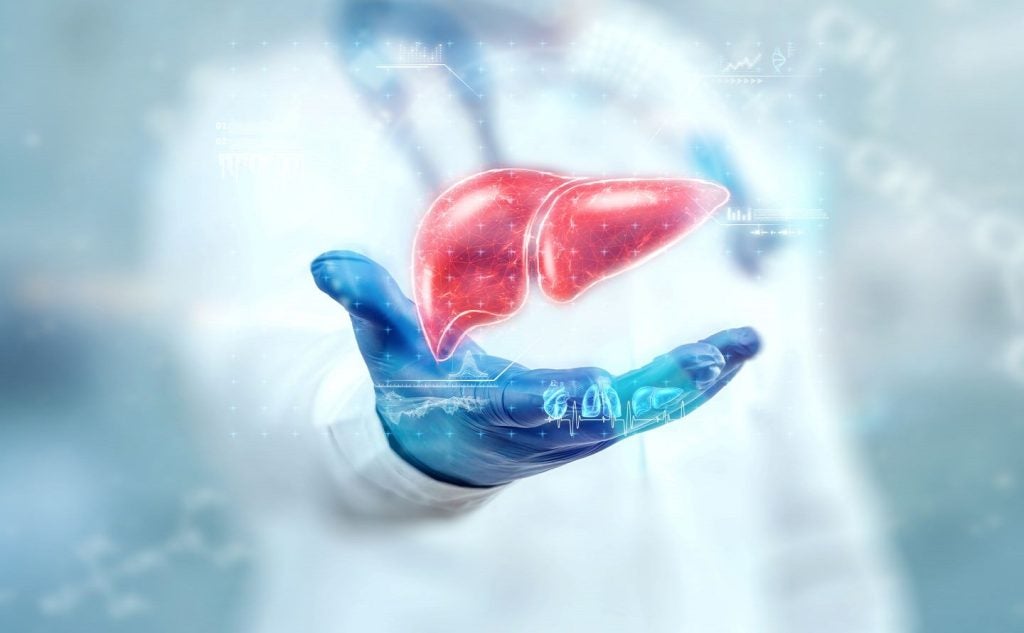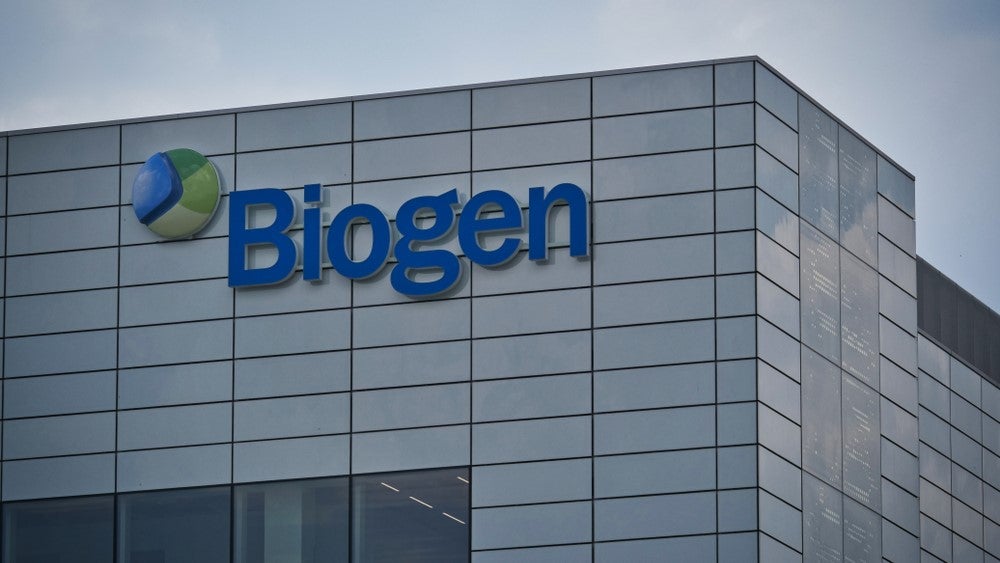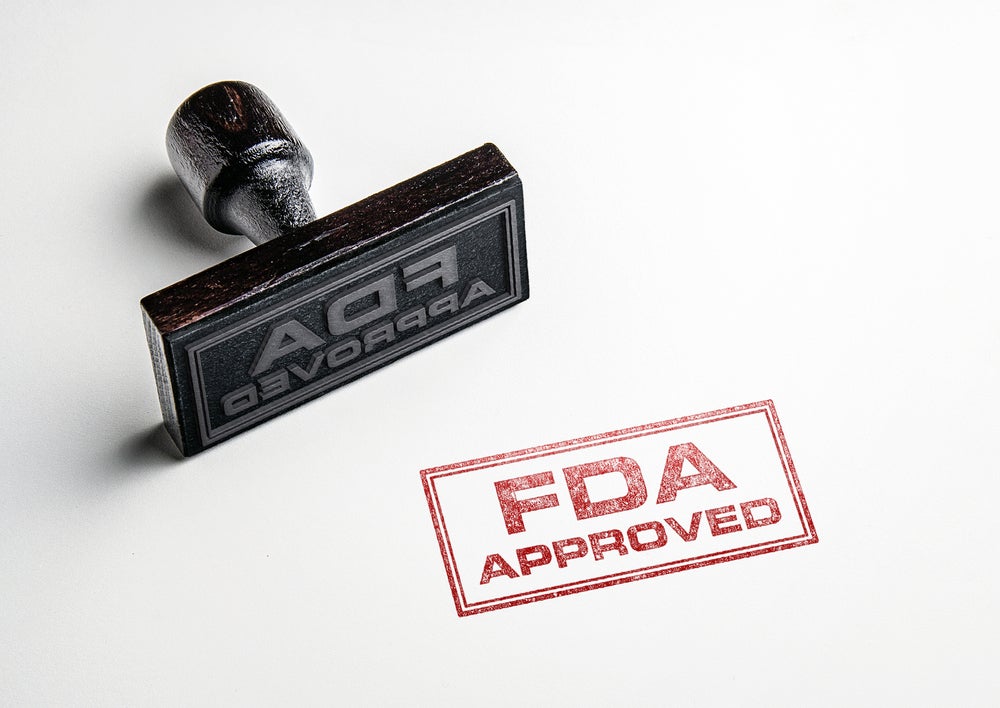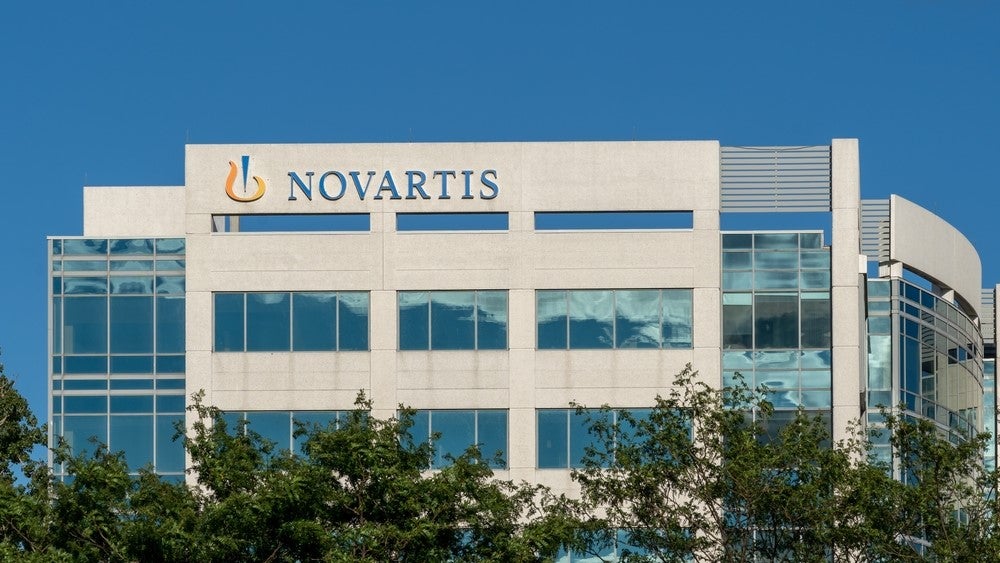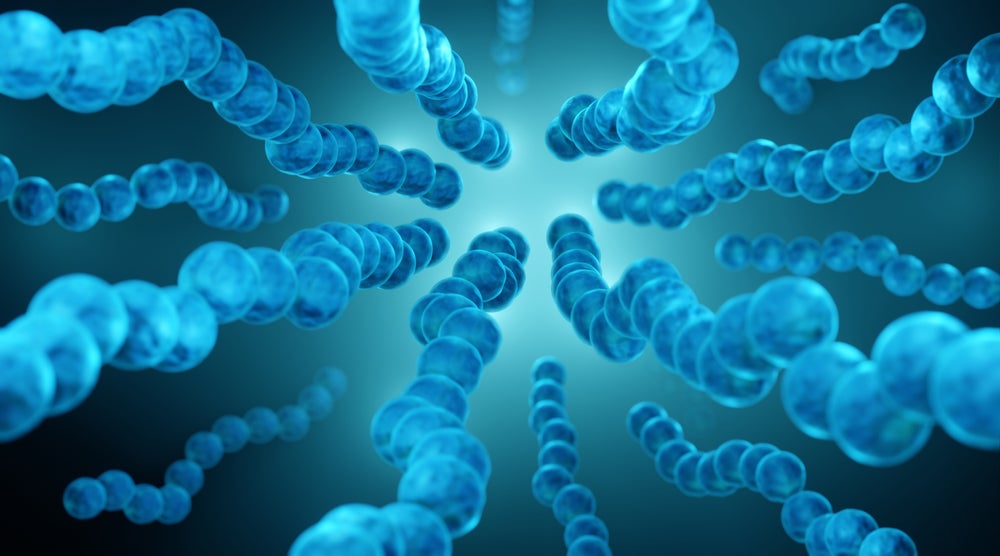Quince Therapeutics has announced that the US Food and Drug Administration (FDA) has lifted the partial clinical hold placed on the investigational new drug (IND) application for the drug-device asset EryDex, advancing it into the Phase III NEAT study. EryDex is intended for the treatment of the rare inherited neurological disorder ataxia-telangiectasia, which affects motor movement and speech.
This comes after an announcement in July that Quince Therapeutics had entered into an agreement to acquire the biotech company EryDel, which owns EryDex. The acquisition is expected to close in Q4 of 2023.
The FDA removed the partial clinical hold after requesting additional information on plastics used in the single-use EryKit, which is part of EryDex. Changes were made to comply with recent European regulations, with the commercial version of the EryKit treatment consumables being approved in Europe for clinical trial use.
EryDex utilises autologous intracellular drug encapsulation (AIDE) technology to administer dexamethasone sodium phosphate (DSP) into a patient’s red blood cells. Red blood cells filled with DSP are then re-infused into the patient, allowing for the slow release of steroids over several weeks, without the long-term toxicity commonly associated with chronic administration.
There is currently no cure and no approved treatments for the disease. Both the FDA and the European Medicines Agency have presented EryDex with an orphan drug designation for the treatment of ataxia-telangiectasia.
Quince Therapeutics chief executive officer Dirk Thye said: “Notably, this pivotal trial will be conducted under a Special Protocol Assessment (SPA) that has already been reviewed by the FDA, which should allow for the submission of a New Drug Application (NDA) following completion of this single study, assuming positive results.”





